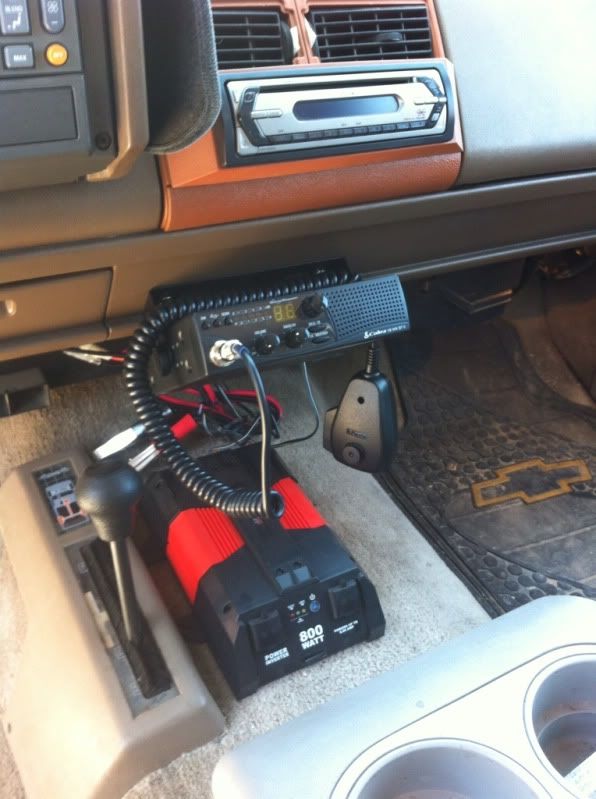Don't forget that inverter has a 1,600W peak capacity... you hit that (or even much over your 800W) for any length of time and you will pop your 70A fuse. You indicated you aren't planning on running full load, but it can't hurt to be ready for the future.
4GA with a 100A fuse would treat you right and be fairly cheap. Yes, it will pop if you hit your peak capacity on the inverter, but you have to decide how much power you'll use and then decide how much you want to pay for cabling for the inverter, then fuse based on your cabling.
One common mistake I see in wiring cars, people fuse based on the
rating of their inverter, not the
rating of their wire. If you use 6GA wire and a 60A fuse, you'll pop the fuse before the wire runs a risk of shorting out (the inverter can 'pull' way more than 60A). If you use that same 6GA wire and fuse it at 100A, there's a good change the inverter will 'pull' that current, but the wire isn't big enough to handle it - it will get hot and either right away or over time the insulation will fail and it will short, causing a fire, burning up your car and killing your family (this happens way more often than anyone wants to admit).
Also, make sure you use the same gauge wire for your ground as your power wire.
As dwh indicated, while you can technically get away with running smaller wire, the larger the wire, the less voltage drop you will get (the voltage drop changes with wire size, voltage, temperature and a whole bunch of other factors). I generally go 1-2 wire sizes up from my rated - that reduces the potential voltage drop (not a huge deal for your inverter, but just something to think about if you are wiring anything else, especially lights). You can also run a longer wire with less voltage drop if you use a larger wire.
Yeah, way too complicated. Buy some jumper cables, cut the ends off and wire it with a 100A fuse



